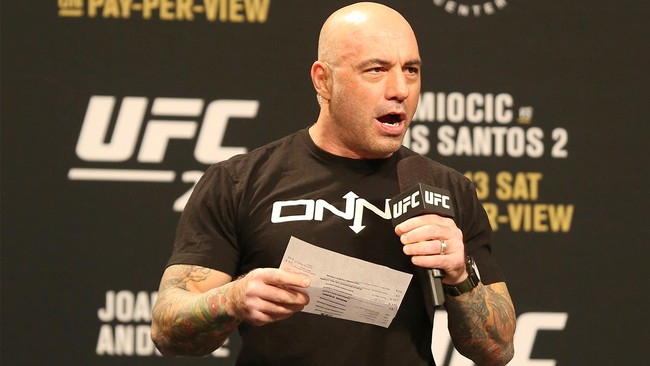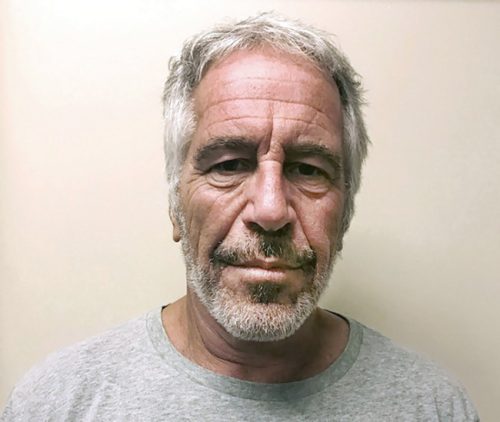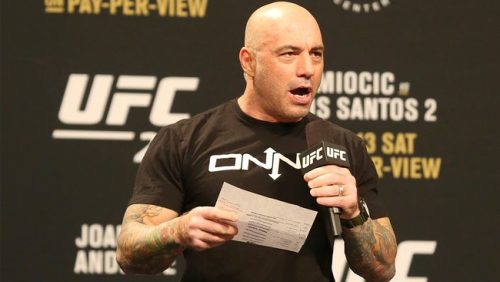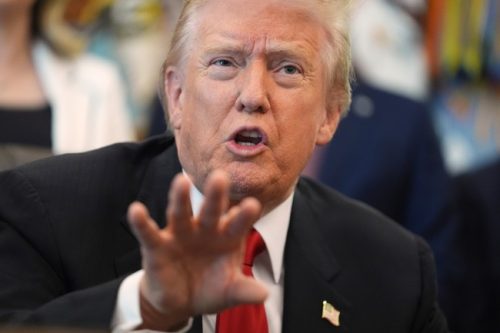Joe Rogan warned that celebrating the death of conservative activist Charlie Kirk signals a dangerous moral slide and raises the risk of America sliding toward civil conflict. Rogan argued that endorsing political violence invites retaliation and escalates a tit-for-tat dynamic that already cleaves the country. His comments spotlight how public rejoicing over a politically motivated killing erodes basic decency and fuels a broader spiral of unrest.
Rogan delivered a blunt assessment after the murder of Charlie Kirk at a campus event, saying that the reaction from some on the left proves we are closer to a breakdown than many admit. He framed the problem as more than outrage; it is a cultural shift where hostility toward political opponents translates into celebration when violence occurs. That attitude, Rogan said, moves the needle from heated debate to a dangerous normalization of harm.
Podcast host Joe Rogan warned on Tuesday that not just the death of TPUSA co-founder Charlie Kirk, but the celebration of it indicates the country is inching closer to a civil war.
Rogan spoke with his guest, Brian Redban, about how there has been a chaotic back-and forth tit-for-tat between America’s political left and right in recent years. He argued the stark division within the country was expressed by the murder of Kirk during a campus event this past September.
“Charlie Kirk gets shot and people are celebrating like, ‘whoa, whoa, whoa, whoa, whoa. You want people to die that you disagree with?’ Like, where are we right now on the scale of one-to-civil war? Where are we? Are we at seven? Because I thought we were at a five. I thought we were like four. Four or five,” he said on the Tuesday’s episode of the “Joe Rogan Experience” podcast. “But after the Charlie Kirk thing, I’m like, ‘Oh, we might be like seven.’ This might be like step seven on the way to a bonafide civil war.”
Joe Rogan cautioned that when people start rejoicing over someone’s death—especially a public killing witnessed by the world and their family—it reflects a disturbing moral decline. He emphasized that if the person’s biggest offense was merely saying things others disagreed with, then celebrating their violent death is deeply troubling.
That violence happened while Kirk was taking questions in a live Q&A in Utah, an event that was supposed to be about debate and civic engagement. Kirk’s approach was confrontational by design: he deliberately took on progressive strongholds and targeted the youth vote to break a left-leaning monopoly on campus conversations. The tactic worked in many places because he forced ideas into the open where they could be challenged rather than simply dismissed.
Kirk’s presence on campuses irritated plenty of people, and his style made compromise rare, but irritation does not justify murder. The remarkable part here is the portion of the political class and media ecosystem that greeted his death with mockery or outright celebration. That reaction matters; it signals that some no longer see ideological rivals as fellow citizens but as enemies whose removal is cause for celebration.
🚨NEW: Joe Rogan & Charlie Sheen react to Charlie Kirk Assassination🚨
ROGAN: "We just found out that Charlie Kirk got sh*t."
SHEEN: "It's f*cking awful."
ROGAN: "Whoa!"
SHEEN: "M*rdered for having a different opinion from somebody else."
"Rest in peace. F*ck!"
"He doesn't… pic.twitter.com/zdDx7SHqtr
— Jason Cohen 🇺🇸 (@JasonJournoDC) September 11, 2025
The broader pattern Rogan described is one of escalation: when one side celebrates violence, the other side absorbs the lesson and begins to prepare in kind. This is not theory; it is a prediction based on how groups behave when norms break down. The danger is obvious: reprisals, copycat acts, and an atmosphere in which deterrence is replaced by vendetta.
Leaders, institutions, and public figures have a responsibility to pull back from that cliff, yet too often the response has been partisan deflection. From a Republican perspective, it’s fair to call out the left when their rhetoric and online mobs cross the line into praising harm. Accountability should be for any faction that treats violence as a political tool, not a reflex reserved for one side’s critics.
Even as we defend free speech and the right to challenge prevailing opinions, those principles collapse if the culture encourages killing or celebrating killing. Strong disagreement and fierce debate are core to a healthy republic, but enthusiasm for violence is a different beast. When that appetite spreads, institutions that once mediated disputes grow weaker and society becomes more unstable.
Rogan’s warning is blunt and uncomfortable because it forces a choice between tough-minded political engagement and the descent into normalized violence. The public conversation needs to swing back toward argument, evidence, and persuasion rather than threats and celebration of harm. If one side thinks it can gain ground by cheering violence, the rest of the country should be alarmed and insist that common decency be restored.
Those who care about preserving civic order should pay attention to the signals being sent when deaths are cheered, not as partisan theater but as real danger. This is not about agreement with Charlie Kirk or his tactics; it is about the price a democracy pays when hate of opponents becomes an acceptable public posture. Restoring norms is urgent if we want to avoid sliding into the kind of conflict Rogan warns about.






